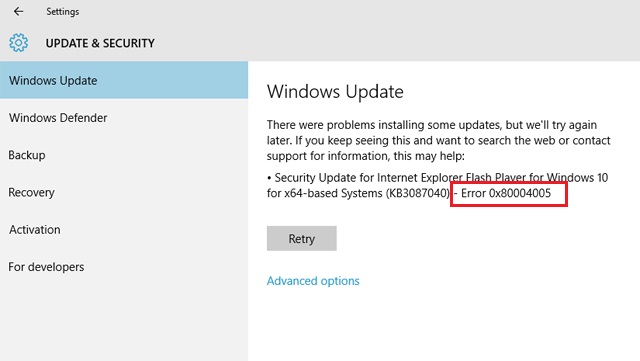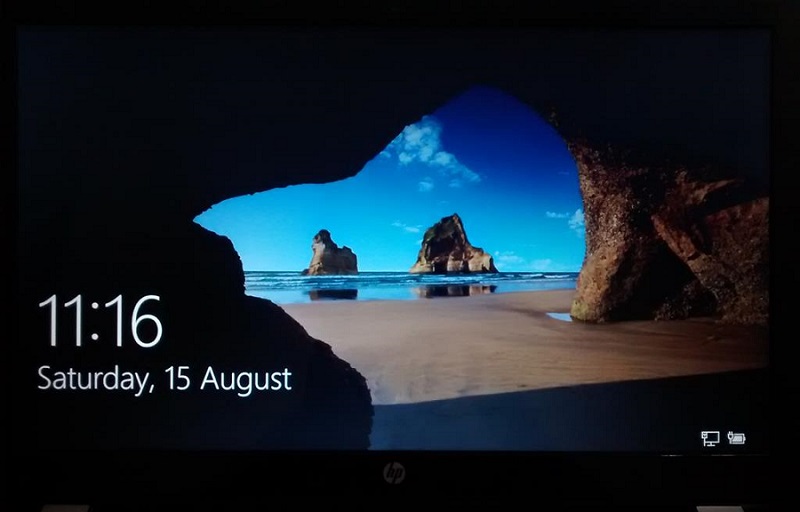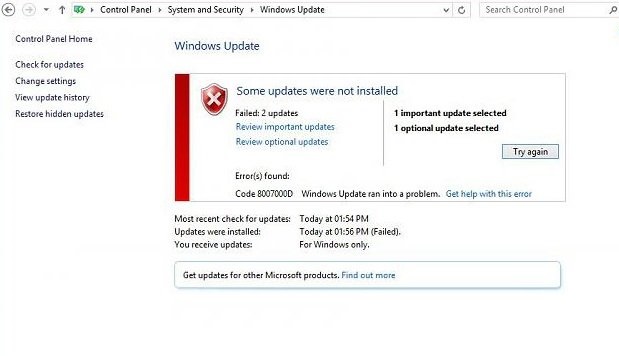Despite being Windows’ main file manager, File Explorer (also known as Windows Explorer) has many other uses. The Start menu, desktop icons, and other UI elements are all produced by the explorer.exe process. Having Windows Explorer repeatedly freeze or crash might ruin your time spent on the computer.
The following solutions may help if you are experiencing Windows Explorer Keeps Crashing but are unsure of the cause:

Method 1: Delete All Recent History in Windows Explorer
Clearing the Windows Explorer history is not a frequent practise among Windows users. Long-term usage of Windows Explorer might result in an overloaded system, resulting in the application’s inability to open newly-created files.
Here’s what you need to do to delete all traces of Windows Explorer:
Step 1. To access the settings for File Explorer, click Start.
Step 2. To access the General section of “File Explorer Options,” click on the gear icon.
Step 3. Find where it says “Privacy” and hit the “Clear” button.
Method 2: Use the Operating System’s Built-in File Checker
There could be a missing or corrupted file if File Explorer continues crashing. You’ll need to run System File Checker to see if this is the case and fix the affected file. You’ll want to launch Windows PowerShell, which you can do by doing the following:
Step 1. You may access Windows PowerShell by right-clicking the Start button (Admin)
Step 2. Simply open a PowerShell prompt and enter sfc /scannow to begin the scan.
Doing so will initiate a scan for corrupted files using the SFC utility. The crashing of File Explorer should be resolved, and Windows’ ability to detect and fix file corruption should put an end to your worries.
Method 3: make sure you have the most recent version of Windows.
A possible solution to your Windows File Explorer crashes could be found in upgrading to a newer version of Windows.
Step 1. To look for software upgrades:
Step 2. Select Settings from the Start Menu’s context menu.
Step 3. Find Windows Updates by going to Update&Security.
In the event that you have multiple updates waiting, select Install now. To see whether there are any updates available, click the Check for updates button.
Windows will automatically acquire updates if they are available. To apply them, simply restart your computer.
Method 4: Remove Unofficial Internet Explorer Add-Ons
Sometimes, third-party Explorer add-ons are to blame for Windows Explorer crashing.
You may be wondering, “But what exactly are third-party Explorer add-ons?”
The installation of 7-Zip, for instance, allows you to compress files with a simple right-click rather than having to open the programme first.
The explorer.exe process may become unresponsive if a third-party add-on suddenly becomes unstable.
You’ll need to use a third-party programme called ShellExView to turn them off and fix the problem.
Step 1. The ShellExView app can be downloaded here.
Step 2. Launch the programme after installation to check for add-ons. Go to Options -> Scan just 3rd-party extensions to make sure that only those extensions were scanned. Put a stop to all Microsoft Add-ons
Step 3. After finishing the scan, select all the add-ons by holding down the Disable Pieces Chosen
Method 5: Split Up File Explorer Tasks
On your computer, File Explorer acts as a standalone application. When you use Windows File Explorer, a new window is created and merged into the same system process each time you open a new window. File Explorer may experience stability issues and, in extreme circumstances, crash if your computer is too slow.
This is what you should do to resolve the problem:
Step 1. Launch File Explorer and go to Options > Folders & Search.
Step 2. Select the View tab in the Folder Options box.
Step 3. Launch windows in a separate process by selecting this option in the “Advanced” tab of the window’s properties.
You can apply your changes by clicking the OK button.
If you use this strategy, Windows Explorer won’t freeze or crash at all.
Conclusion
Hopefully, one of the aforementioned solutions will have helped you prevent File Explorer from crashing. If the problem remains after these steps, you may need to contact a professional or reinstall Windows.




Leave a Reply